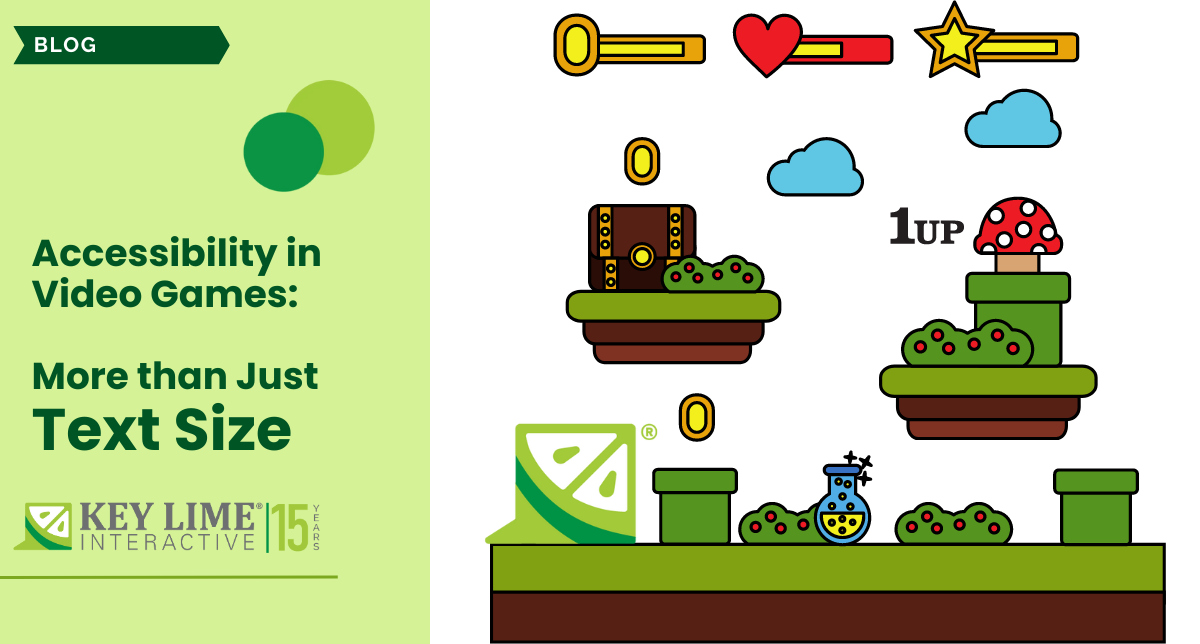
In an age when technology is intertwined with our daily lives, creating products that promote user well-being is vital. User Experience researchers play a pivotal role in influencing how products are developed and can work to make products healthier. In this blog, we explore how UX researchers can contribute to the development of products that prioritize user health.
But first, what even is user health? What does that mean?
Essentially, the idea of user health is about creating technology that enhances people’s lives, prioritizes their well-being, and minimizes potential harms that come with using technology.
In the context of UX research and product development, user health refers to the overall well-being of end users. It can encompass physical, mental, and emotional elements of health and well-being. It can also involve components like digital addiction, privacy and security, and content quality. UX research plays an incredibly important role in identifying areas where improvements can be made to ensure that the end user is protected, respected, and safe.
- Understanding User Behavior
The foundation of making healthier products lies in understanding user behavior. To promote healthier product usage, researchers need to delve into the following aspects:
- Usage Patterns: Researchers can identify patterns of usage that might indicate problematic behavior. For example, they can analyze data to pinpoint excessive screen time or frequent late-night usage, which can negatively impact sleep patterns and mental well-being.
- Motivations: Understanding why users engage with a product is crucial. UX researchers can uncover whether users are motivated by positive experiences like connecting with friends or are driven by negative emotions, such as stress relief through constant scrolling.
- Pain Points: Researchers can identify aspects of the product that frustrate or disengage users. These pain points can be addressed to create a more positive and stress-free user experience.
Promoting Digital Well-Being Features
Based on their findings, UX researchers can collaborate with designers and developers to implement features that promote digital well-being. Here are some ways they can achieve this:
- Screen Time Management: UX researchers can recommend the inclusion of screen time management tools that allow users to set limits on their app or device usage. This empowers users to make conscious decisions about their screen time.
- Mindful Usage Reminders: Researchers can suggest features that remind users to take breaks, encouraging them to step away from the screen and engage in other activities.
- Content Recommendation Algorithms: Collaborating with data scientists, UX researchers can help design content recommendation algorithms that prioritize informative, positive, and diverse content over potentially addictive or harmful material.
Ethical Design Decisions
UX researchers are instrumental in raising ethical considerations during product development. They can help steer product teams toward more responsible and ethical design choices that promote user health. Some aspects they can focus on include:
- Privacy: Researchers can advocate for strong privacy features that protect user data and provide users with control over their information.
- User Consent: Ensuring that users are well-informed and have consented to certain features, such as data tracking or notifications, is essential in building trust and respecting user autonomy.
- Content Moderation: Collaborating with content moderation teams, UX researchers can help define guidelines and standards to mitigate harmful content, fostering a safer online environment for all.
User Education and Empowerment
UX researchers can contribute to user education efforts that promote healthier product usage. This includes:
- Onboarding: Researchers can help design informative onboarding experiences that guide users on how to make the most of the product while maintaining healthy usage patterns.
- In-App Guidance: Providing in-app guidance on setting up well-being features, managing notifications, and using the product mindfully can empower users to take control of their digital experience.
- User Feedback Channels: Creating easy-to-access channels for users to provide feedback about the product's impact on their well-being can help iterate and improve the product's health-related features.
Continuous Monitoring and Iteration
The work of a UX researcher does not end with the launch of a product. Continuous monitoring and iteration are vital for maintaining and improving product health. Researchers can:
- Analyze User Feedback: Regularly gathering and analyzing user feedback helps identify emerging issues or areas for improvement related to product health.
- Conduct A/B Testing: UXRs can test different versions of features aimed at promoting well-being to determine which ones are most effective in achieving their intended goals.
- Collaborate Across Teams: UXRs can encourage open channels of communication with design, development, and content moderation teams to ensure that product health remains a priority throughout its lifecycle.
Conclusion
In an era where technology is deeply ingrained in our lives, creating products that prioritize user health is a moral imperative that provides a competitive advantage. UX researchers are essential champions of this cause, as they bring a deep understanding of user behavior and the tools to shape products in ways that promote well-being.
By understanding user motivations, promoting digital well-being features, advocating for ethical design, empowering users through education, and maintaining a commitment to continuous improvement, UX researchers play a pivotal role in making products not only user-friendly but also healthier for the individuals who rely on them. In this way, they contribute to a digital landscape that fosters positive, mindful, and healthy interactions.
Interested in learning more about how UX research can help your product positively impact your clients’ well-being? Reach out to Key Lime Interactive, which can serve all your user research needs.









Comments
Add Comment